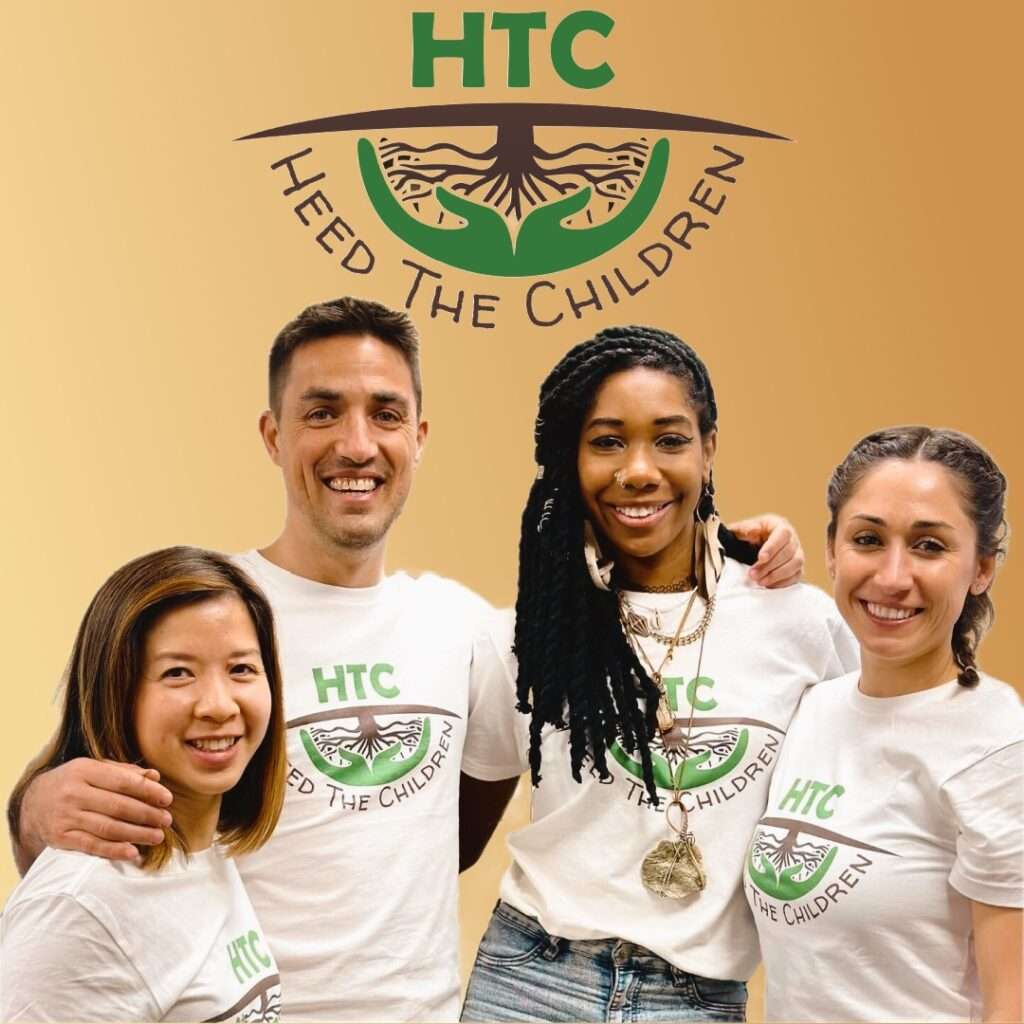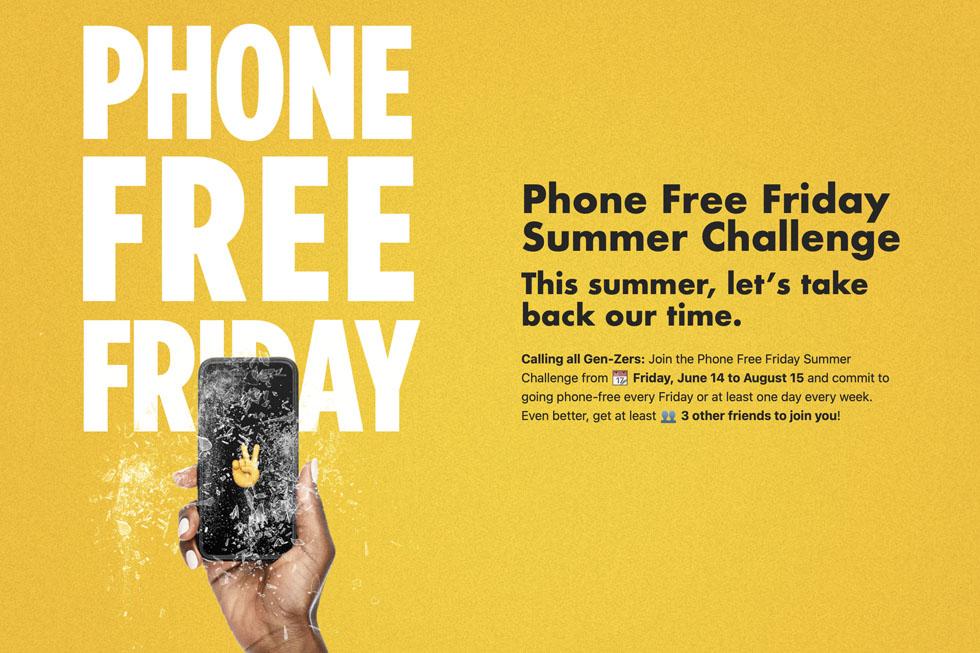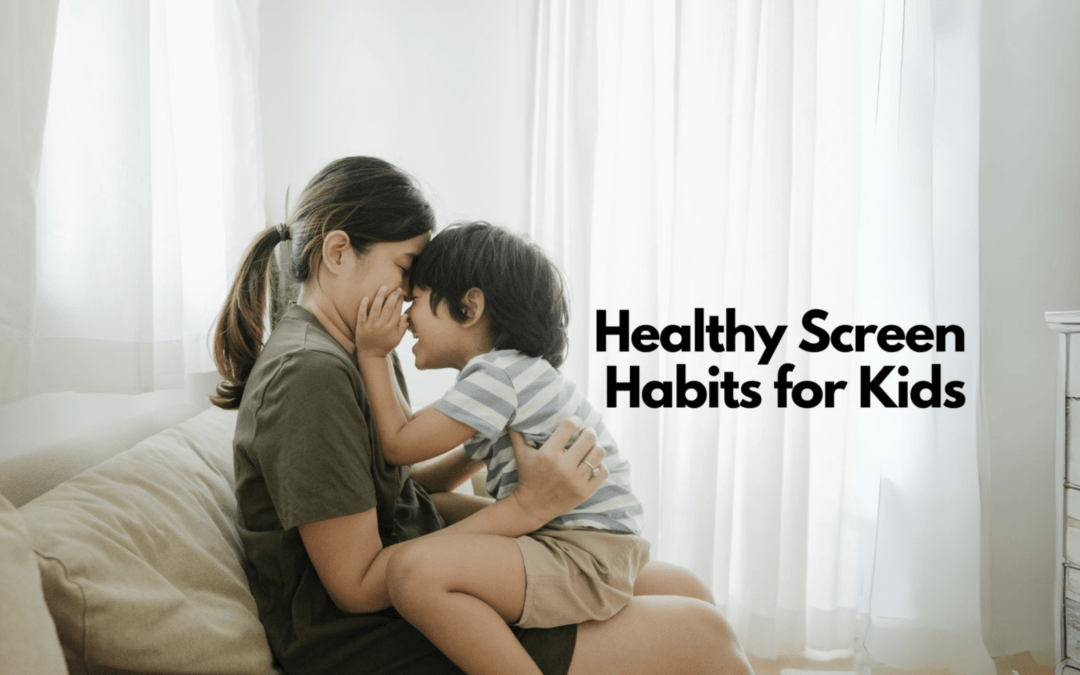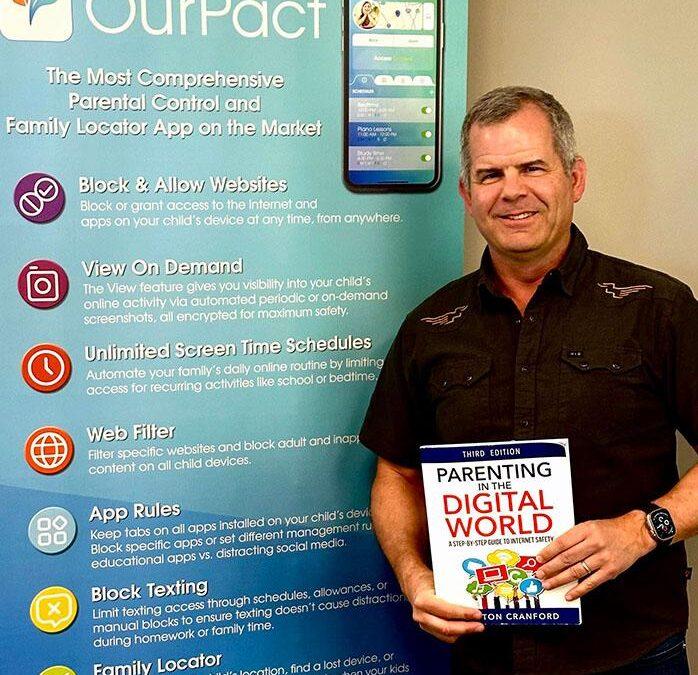
The Need for Parental Engagement and Community Building
Authors: Dazia Wallerson, Sebastian Steinbach, Katty Lau – Members of Heed The Children Movement
Our Children Are Hurting
In an era dominated by social media and digital connectivity, we find ourselves in a profound crisis of disconnection. The quality of our connections has suffered immensely, leading to devastating effects on mental health, interpersonal relationships, and societal cohesion. This crisis is particularly acute among children and teens, who are growing up in a world where virtual interactions often supersede genuine human bonding.
What were deemed as revolutionary tools for bringing people together, social media platforms have tragically accelerated the erosion of authentic social relationships. In particular, developing brains of adolescents are highly susceptible to the addictive qualities of social media platforms. Studies like Jean Twenge’s “Worldwide Increases in Adolescent Loneliness,” consistently show that excessive use of social media is directly related to growing feelings of loneliness, anxiety, and depression among teens (Twenge, 2021). The curated nature of social media profiles often lead to an unrealistic portrayal of life, increasing comparison and jealousy, eroding self-esteem and trust, and perpetuating a cycle of self-doubt and unhappiness (Moore, 2023).
Excessive use of social media reduces face-to-face interactions, essential for reading non-verbal cues and developing empathy (Fuller, n.d.). Furthermore, constant distractions from notifications can prevent individuals from being fully present in their interactions, diminishing the quality of their relationships (Vermani, 2023). More so, the barrage of notifications and alerts disrupts focus and hinders cognitive development, contributing to a new generation with severely shortened attention spans and reduced critical thinking abilities (Mark, 2020).
The reality is that superficial, inauthentic connections developed through social media doesn’t allow for caring, nurturing and safe relationships to take shape. These factors collectively inhibit the formation of deep, enriching bonds, as social media can create an environment where genuine emotional and physical intimacy is harder to achieve. Our children end up disconnected from themselves, their sense of self-worth, their active curiosity, and their ability to explore a genuine and meaningful path in their own lives. Authentic belonging becomes increasingly difficult due to the inauthentic portrayal of life, with social media exposure being a leading cause (Sathish, 2022).
Reconnecting to Parental Power and Integrated Cooperation
Amidst this crisis of disconnection, the role of parents in fostering meaningful connections and building supportive communities is more critical than ever. Parental engagement counters negative effects of social media by providing children with a secure foundation of love, support, and guidance. Parents who actively participate in their children’s lives, both online and offline, can help mitigate the consequences of excessive digital use.
One of the most effective ways parents can respond to the harmful impact of social media is by modeling healthy behavior themselves. How often do you pick up your phone in the middle of talking with your child, just to “check something?” According to a recent Pew Study, almost half of all teens report that their parents are regularly distracted by their smartphones. If parents send the message that our phone is more important than our children, how can we expect their behavior to be different?
As parents, it’s our job to set clear boundaries. Parents can instill new norms like no devices during family dinners (having family dinners alone is a hugely beneficial tool to foster parent- child relationships), screen-free times during the week (for example a “tech shabbat”), or switching off the internet and depositing all devices in a central charging location outside of bedrooms. These are all ways to shift from digital distractions to being present and connected to each other. Those who demonstrate modest technology use and prioritize face-to-face interactions set a positive precedent for their children. Additionally, open communication between parents and children about the risks and benefits of social media fosters trust, transparency, and encourages responsible online engagement.
It’s crucial for parents to recognize that solutions cannot be found in isolation. While there’s much we can do within our own homes, the magnitude of this issue calls forth a collaborative effort involving various stakeholders such as policymakers, educators, researchers, pediatricians, and tech companies. To begin, we need to recognize that this problem is bigger than any of us. Acknowledging the complexity of the problem, we understand that progress may be gradual, particularly in areas like policy development.
In Jonathan Haidt’s latest book, “The Anxious Generation” he concludes that only through collective action can we solve this collective dilemma. Ultimately, parental engagement in community initiatives promotes collective well-being. When parents collaborate with fellow community members on projects aimed at improving the quality of life for their children and others, they demonstrate the value of care, empathy, and cooperation for their children. These shared experiences not only strengthen community bonds but they instill important values that transcend the digital realm.
As parents, we wield significant influence when we unite under a common cause. This requires us to band together, align around a shared mission, and take local, collective action. Drawing its foundation from the Integrated Cooperation methodology, The Heed The Children Movement was founded by Leap Forward community Founder and psychiatric crisis, trauma, and human behavior expert Ronit Herzfeld in 2022. Heed The Children (HTC) empowers local parent groups to foster genuine connections, raises awareness about the detrimental effects of social media with other parents, advocates for phone-free school environments, and promotes delaying smartphone access for children until 16 years. By curating enriching, screen-free activities, we aim to rekindle the joys of real-life interactions, curiosity, and play for our children.
In HTC, we urge parents to join forces at the grassroots level. We invite parents to unite and work together in a coordinated way to start local parent groups through their schools and neighborhoods. Within the groups, parents are able to share their grievances, connect to the experiences of other families, receive resources, generate creative non-tech ideas, and witness that we are not alone. We also gather parent groups virtually, to come together across communities to learn and support each other in tackling this issue from a unified stance.
And, local organizing isn’t easy. Parents often deal with work responsibilities and manage a full load with children’s schoolwork and extracurricular activities. But, we are more powerful together, and parents from diverse geographic and socioeconomic areas within the US have made progress making a positive impact. Through impactful historical movements such as Moms Against Drunk Driving, we see that our collective efforts as human beings have proven to outweigh individual actions.
Parent Groups within the HTC community have successfully experimented with creative approaches like offering support to a middle school principal in implementing a phone-free school, creating healthy weekend nature-play activities, mobilizing pediatricians to spread awareness to families, or curating summer activities for teens in their local communities. In some of our groups, teens are designing their own volunteer efforts or co-planning social teen nights at the local community center.
To all parents reading this, you’ve tuned in because you are committed to your children’s wellbeing and a thriving future. You now hold the data of the harms of social media and addictive technology. Whether you’ve already embraced tools like the OurPact parental control app or are just beginning your journey, the time is now to connect with fellow parents who share your concerns and mobilize. HTC invites you to join our movement, start your own parent group, and create solutions – together. For more information, please visit us at www.heedthechildren.org or contact us directly at [email protected] with any questions and for details on our monthly virtual community call to support parent leaders in assembling their local communities.
Remember that we need you, we need each other, and we are more powerful together!
References
Anderson, J. The Harvard Edcast. (2020). The benefit of family mealtime. Retrieved from https://www.gse.harvard.edu/ideas/edcast/20/04/benefit-family-mealtime
Anderson, M., Faverio, M., Park, E. Pew Research Center (2024). How teens and parents approach screen time. Retrieved from https://www.pewresearch.org/internet/2024/03/11/how-teens-and-parents-approach-screen-time/
Fishman, J. 24 Hour Fitness (2020). How To Take A “Tech Shabbat” with Tiffany Schlain. Retrieved from https://www.24hourfitness.com/24life/recover/2020/how-to-take-a-tech-shabbat-with-tiffany-shlain
Fuller, Ryan J. NY Behavioral Health. (n.d.). Effects of social media on mental health. Retrieved from https://www.newyorkbehavioralhealth.com/the-impact-of-social-media-use-on-social-skills/
Heed The Children. (n.d.). Retrieved from http://www.heedthechildren.org Herzfeld, R. LeapForward.us. (n.d.). Integrated Cooperation. Retrieved from http://www.leapforward.us/integrated-cooperation
Mark, G. American Psychological Association. (2020). The link between social media and shortened attention spans. Retrieved from https://www.apa.org/news/podcasts/speaking-of-psychology/attention-spans#:~:text=URL%3A%20https%3A%2F%2Fwww.apa.org%2Fnews%2Fpodcasts%2Fspeaking,100
Moore, A., Hallett, K. Mindbodygreen. (2022). The impact of social media on self-esteem. Retrieved from https://www.mindbodygreen.com/articles/social-media-and-relationships
Sathish, C. Harzing.com. (2022). Impact of social media on authentic belonging. Retrieved from https://harzing.com/blog/2022/03/social-media-caring-in-a-shared-world-2-authentic-identity
Twenge, J., Haidt, J., Blake, A., McAllister, C., Lemon, H., Le Roy, A. ScienceDirect. (2021). Worldwide increases in adolescent loneliness. Retrieved from https://www.sciencedirect.com/science/article/pii/S0140197121000853
Vermani, M. Psychology Today. (2023). How your social media habits are damaging your relationships. Retrieved from https://www.psychologytoday.com/us/blog/a-deeper-wellness/202308/how-your-social-media-habits-are-damaging-your-relationships


